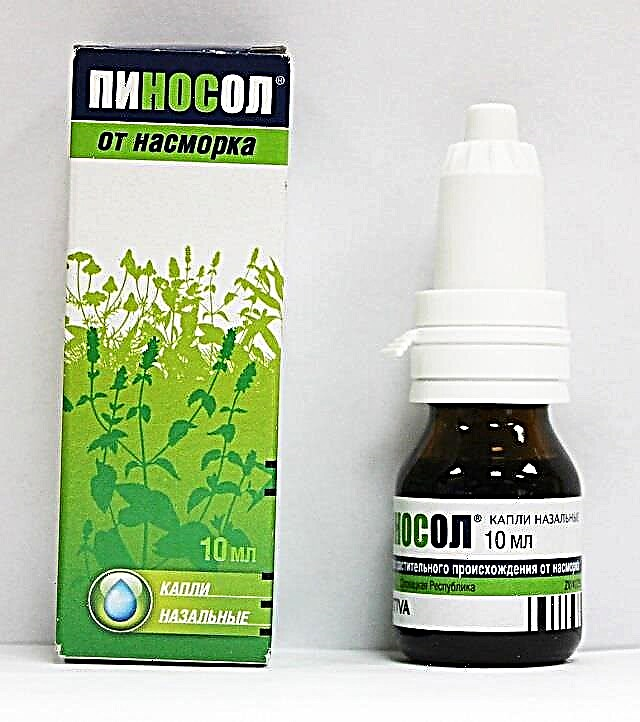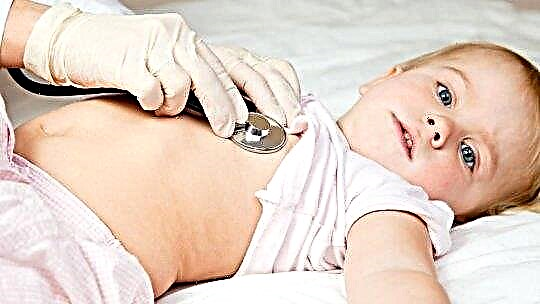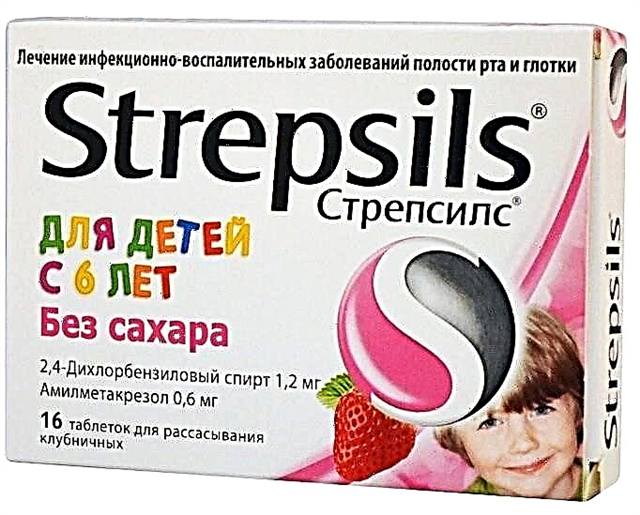
The health of the expectant mother is one of the most important factors for the normal development of the fetus. Therefore, with an exacerbation of chronic diseases, the occurrence of a viral infection or other problems, doctors seek to find effective medicines that will simultaneously speed up recovery and not harm the baby.
However, some medications cause conflicting opinions. For example, a drug called "Euphyllin". Some doctors consider it to be an important and effective medicine, others consider it obsolete and unsafe.... Let's find out whether "Euphyllin" recommends instructions for use for edema and why droppers are prescribed for pregnant women.


Features of the drug
"Euphyllin" is produced by both domestic and foreign companies in two dosage forms - injection solution and tablets... "Euphyllin" for injections is a clear liquid, often colorless or with an indistinct yellowness. This medicine is injected into a vein and can also be used for electrophoresis or inhalation.

The tablet preparation is characterized by a round flat shape and white or yellowish-white color. Such "Euphyllin" is sold in jars and cell packs from 10 to 100 pieces.
Both are prescription and inexpensive. Their active substance is aminophylline. In an injection solution, it is presented at a concentration of 2.4%, and in one tablet - at a dose of 150 mg.

Operating principle
Most of aminophylline is theophylline, which is one of the xanthine derivatives and acts on several receptors and enzymes. It is he who provides the main medicinal properties of "Euphyllin":
- expansion of the bronchi and stimulation of the respiratory center, as a result of which bronchospasm is eliminated and ventilation of the lungs improves;
- an increase in the frequency and strength of heart contractions, as well as more active blood flow in its vessels;
- decreased tone and relaxation of the vessels that are located in the brain;
- expansion of peripheral vessels;
- decrease in pressure in the vessels of the lungs;
- more active blood flow in the vessels of the kidneys, due to which the excretion of urine moderately increases;
- improving microcirculation in tissues and preventing platelet aggregation, which reduces the risk of thrombosis;
- a decrease in the release of allergy mediators due to the stabilization of mast cell membranes;
- relaxation of the muscular membrane of the uterus;
- stimulation of local protection of the respiratory tract.


Is it allowed during pregnancy?
According to the annotation for both forms of the drug, "Euphyllin" can be used by women in the position only under the supervision of a doctor, since such treatment requires increased caution. The drug is prescribed for pregnant women only in exceptional situations, because its active substance is capable of penetrating the fetus and even accumulating in its tissues.
In the 1st trimester, his appointment is refused so as not to increase the risk of malformations or miscarriage.

In the 2nd and 3rd trimesters, "Euphyllin" can be used, but only as prescribed by a specialist. At the same time, the duration of treatment and the daily dosage are reduced to the minimum in order to prevent a negative effect on the fetus (the occurrence of tachycardia after childbirth, increased excitability, vomiting and other disorders). Besides, the use of "Euphyllin" is limited in the last weeks of pregnancy, because the remedy has a relaxing effect on the uterus, which can affect delivery.

When is it prescribed for expectant mothers?
The most common reason for the appointment of "Euphyllin" is the pathology of the respiratory tract, which develops obstruction. The drug is in demand in the treatment of bronchial asthma, and is also often prescribed for coughs caused by laryngitis, tracheitis, bronchitis or lung disease.
If the expectant mother has one of these pathologies, "Euphyllin" can be prescribed to eliminate cough and bronchospasm. However, during pregnancy, problems with the respiratory tract are not the main indication for the use of such a drug.... Where as more often doctors prescribe "Euphyllin" for edema and various disorders associated with increased vascular tone.


Swelling occurs in a fairly large percentage of expectant mothers. Their appearance is often associated with the pressure of the enlarged uterus on the veins and increased stress on the kidneys.
With a slight swelling, they resort to herbal remedies and dietary restrictions, but when the edema becomes extensive and other signs of gestosis are added to them, doctors switch to more radical treatment, to which Euphyllin can be attributed.

Due to its vasodilating effect and stimulation of blood flow in the kidneys, the fluid accumulated in the tissues leaves the woman's body faster and her condition improves. The use of the drug is justified in case of late gestosis, because this complication poses a great danger both to the life of the woman herself and to the health of the baby. In the absence of adequate therapy, it can lead to uterine bleeding, coma, hypoxia and even fetal death. In such a situation, the benefits of "Euphyllin" will be much higher than its possible harm.

In addition to edema, the drug is prescribed for hypertensive crisis and symptoms of impaired blood flow in the brain tissues. With such problems, "Euphyllin" will normalize blood pressure and reduce the load on blood vessels.

Contraindications
"Euphyllin" is not used in persons with hypersensitivity to any of its components, as well as intolerance to caffeine or any other xanthine derivatives... The drug cannot be used for gastric ulcer and gastritis, as it can increase the acidity of gastric juice.

The drug is not dripped or taken orally with reduced and sharply increased blood pressure, with hemorrhagic strokes, epilepsy and retinal hemorrhage.
Besides, "Euphyllin" is strictly contraindicated for tachycardia and heart failure... If the expectant mother has liver, heart, kidney, thyroid gland pathologies or other serious diseases, the use of the drug requires increased caution and an individual approach.

Side effects
During treatment with "Euphyllin" may develop various side reactions, including increased heart rate, dizziness, allergic rashes, insomnia, chest pain, nausea, and many others. When they appear, a doctor's examination is necessary, who in most cases will cancel the medication and prescribe another remedy with better tolerance.


Instructions for use
"Euphyllin" tablets are taken after meals... The frequency of admission is often 3-4 times a day, and the doctor determines the single dose. The drug is swallowed with plenty of water. The duration of treatment can range from several days to two weeks. It all depends on the symptoms and the response of the expectant mother's body to therapy.

"Euphyllin" injections is used in acute conditions when a woman needs urgent help... The drug is administered only intravenously, most often using a dropper, for which the drug is diluted with an isotonic solution. A single dosage, the frequency of injections and the duration of treatment are calculated individually.

Reviews
There are different reviews about the use of "Euphyllin" during pregnancy. In most of them, women confirm the effectiveness of such a medicine with high blood pressure, severe edema and poor urine readings. According to them, after treatment, the baby's condition did not worsen, and the baby was born completely healthy.
However, in some patients, droppers caused side effects of varying severity.... At the same time, women who took the medication in pills noted side effects extremely rarely.


Analogs
There are several analogues of "Euphyllin" in terms of the active substance, but a specialist must choose the appropriate replacement option. If the reason for the appointment of "Euphyllin" was violations of blood flow and microcirculation, then instead of pills, the doctor can prescribe to the expectant mother "Curantil", "Pentoxifylline", "Dipyridamole" and the like.
They are allowed for any period of gestation, but are used under medical supervision.
In case of small edema, such effective herbal remedies as "Kanefron N", "Brusniver", "Fitolizin", "Urolesan" or "Hofitol"... They contain active substances from oregano, artichoke, hops, St. John's wort, lingonberry, lovage and other plants with diuretic and anti-inflammatory properties.
For more information about Euphilin, see below.



